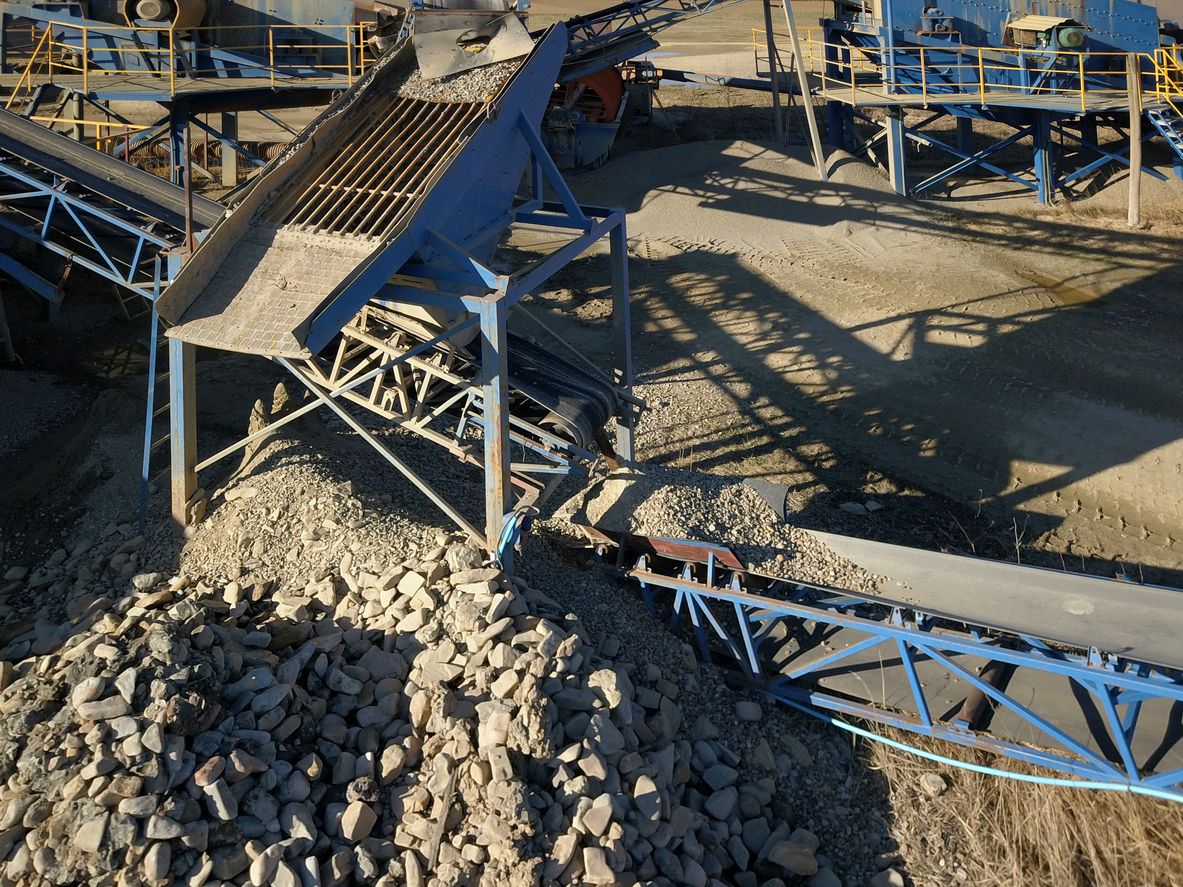Exploring Nigeria’s Growing Demand for Pipes, Fittings, Flanges, Valves & Structural Steel Materials
Exploring Nigeria’s Growing Demand for Pipes, Fittings, Flanges, Valves & Structural Steel Materials
Welcome to the vibrant and ever-evolving world of Nigeria’s construction industry! As one of Africa’s fastest-growing economies, this West African nation is witnessing a remarkable surge in demand for pipes, fittings, flanges, valves, and structural steel materials. From bustling cities to remote villages, infrastructure development projects are sprouting like wildflowers across the country. Join us as we embark on an exciting exploration into the factors driving this booming market and uncover the untapped potential that lies within Nigeria’s insatiable appetite for these essential building blocks. Get ready to dive deep into an industry teeming with opportunities and discover how it is shaping the future of this dynamic nation.
Introduction to the Nigerian Market and its demand for pipes, fittings, flanges, valves & structural steel materials
Introduction to the Nigerian Market:
Nigeria, located in West Africa, is known for its diverse economy and rapidly growing industries such as oil and gas, construction, manufacturing, agriculture, and telecommunications. With a population of over 200 million people and a projected annual GDP growth rate of 2.4%, Nigeria offers immense potential for businesses looking to expand their operations in the African market.
One of the key drivers of Nigeria’s economic growth is its robust infrastructure development. The government has been investing heavily in infrastructure projects such as road networks, bridges, ports, airports, power plants, and housing developments to support the country’s growing population and economy. This has resulted in a significant demand for pipes, fittings, flanges, valves & structural steel materials across various sectors.
Demand for Pipes:
The demand for pipes in Nigeria is primarily driven by the oil and gas industry which accounts for more than 90% of the country’s export revenue. With an estimated 37 billion barrels of proven oil reserves and over 187 trillion cubic feet of natural gas reserves (the largest in Africa), Nigeria is one of the top producers and exporters of crude oil globally. As a result, there is a continuous need for pipelines to transport crude oil from production sites to refineries or export terminals.
Understanding the role of pipes, fittings, flanges, valves & structural steel materials in various industries such as oil and gas, construction, and manufacturing
Pipes, fittings, flanges, valves and structural steel materials play a crucial role in various industries such as oil and gas, construction, and manufacturing. These components are essential for the transportation of fluids, gases, and other materials within industrial facilities. In this section, we will delve into the specific functions of each of these materials in different industries and their importance in Nigeria’s growing demand.
1. Pipes:
Pipes are cylindrical hollow tubes that are used to transport liquids or gases from one point to another. They are made from a variety of materials including steel, plastic, copper or concrete depending on the industry’s requirements. In the oil and gas industry, pipes are primarily used for drilling wells and transporting crude oil and natural gas to refineries. In construction projects, pipes are necessary for water supply systems as well as sewage disposal systems. The manufacturing industry also relies on pipes for the transportation of chemicals or raw materials within their production plants.
2. Fittings:
Fittings refer to various components such as elbows, tees, couplings that connect pipes together or change the direction or diameter of the pipe. These fittings ensure a secure connection between pipes which is crucial in preventing leaks or damages caused by pressure changes or vibrations during transportation of fluids or gases.
The impact of Wigmore Trading on the Nigerian market and its contribution to meeting the demand for these materials
Wigmore Trading, a leading supplier of pipes, fittings, flanges, valves and structural steel materials in Nigeria, has had a significant impact on the Nigerian market. With its wide range of high-quality products and efficient services, Wigmore Trading has become a go-to source for various industries in meeting their demand for these essential materials.
One of the main reasons behind Wigmore Trading’s success is its commitment to providing top-notch products that meet international standards. The company works closely with reputable manufacturers from around the world to ensure that all their products are of superior quality and adhere to strict industry regulations. This dedication to quality has earned them a reputation as a reliable and trustworthy supplier in Nigeria.
Moreover, Wigmore Trading’s vast inventory offers a one-stop solution for industries seeking pipes, fittings, flanges, valves and structural steel materials. This not only saves time but also reduces costs associated with sourcing these materials from multiple suppliers. As a result, many businesses have turned to Wigmore Trading as their primary supplier for their construction or industrial needs.
In addition to providing high-quality products at competitive prices, Wigmore Trading also prides itself on its efficient delivery services. The company has an extensive distribution network that covers major cities across Nigeria. This allows them to fulfill orders promptly and efficiently no matter where their customers are located. Furthermore, they have established partnerships with reputable logistics companies that ensure safe and timely delivery of goods.
Challenges faced by suppliers and consumers in the Nigerian market regarding these materials
The Nigerian market has seen a significant increase in demand for pipes, fittings, flanges, valves, and structural steel materials in recent years. This growth can be attributed to the booming construction and infrastructure sectors in the country. However, along with this rising demand comes a set of challenges that both suppliers and consumers face when it comes to these materials.
One of the main challenges faced by suppliers is the lack of reliable and efficient distribution channels. The majority of the supply chain in Nigeria is still reliant on traditional methods, such as manual handling and transportation by road. This can lead to delays in delivering materials to customers, which can affect project timelines and incur additional costs for both the supplier and consumer.
Another challenge faced by suppliers is the inconsistent supply of raw materials needed for production. Many manufacturers rely on imports for their raw materials due to limited local production capabilities. However, issues such as currency fluctuations, trade policies, and transportation difficulties can disrupt the supply chain and cause delays or shortages of materials.
On the other hand, consumers also face challenges when it comes to sourcing these materials in Nigeria. One major issue is the high cost of these products due to import duties and taxes imposed by the government. This makes it difficult for businesses operating on tight budgets or individual consumers looking to purchase these materials for home projects.
How Wigmore Trading addresses these challenges
Wigmore Trading is a leading supplier of pipes, fittings, flanges, valves, and structural steel materials in Nigeria. With over 30 years of experience in the industry, we understand the challenges that come with meeting the growing demand for these essential products in Nigeria.
One of the main challenges we face is sourcing high-quality products that meet international standards. We address this challenge by partnering with reputable manufacturers from around the world to ensure that our customers receive only the best quality products. Our team conducts thorough research and inspections on all our suppliers to ensure that they adhere to strict quality control measures.
Another challenge we encounter is providing timely delivery of products to our customers. With Nigeria’s vast geographical landscape and often unreliable transportation infrastructure, delivering goods can be a daunting task. However, at Wigmore Trading, we have established an efficient supply chain system that enables us to deliver products promptly and reliably across the country. This has been made possible through strategic partnerships with reliable logistics companies who possess extensive knowledge of local routes and conditions.
Moreover, one significant issue facing Nigeria’s construction industry is counterfeit products flooding the market. These substandard materials not only pose a safety risk but also result in project delays and additional expenses for contractors. At Wigmore Trading, we have implemented strict quality checks at every stage of our supply chain to ensure that all our products are genuine and conform to international standards.








Comments are closed.